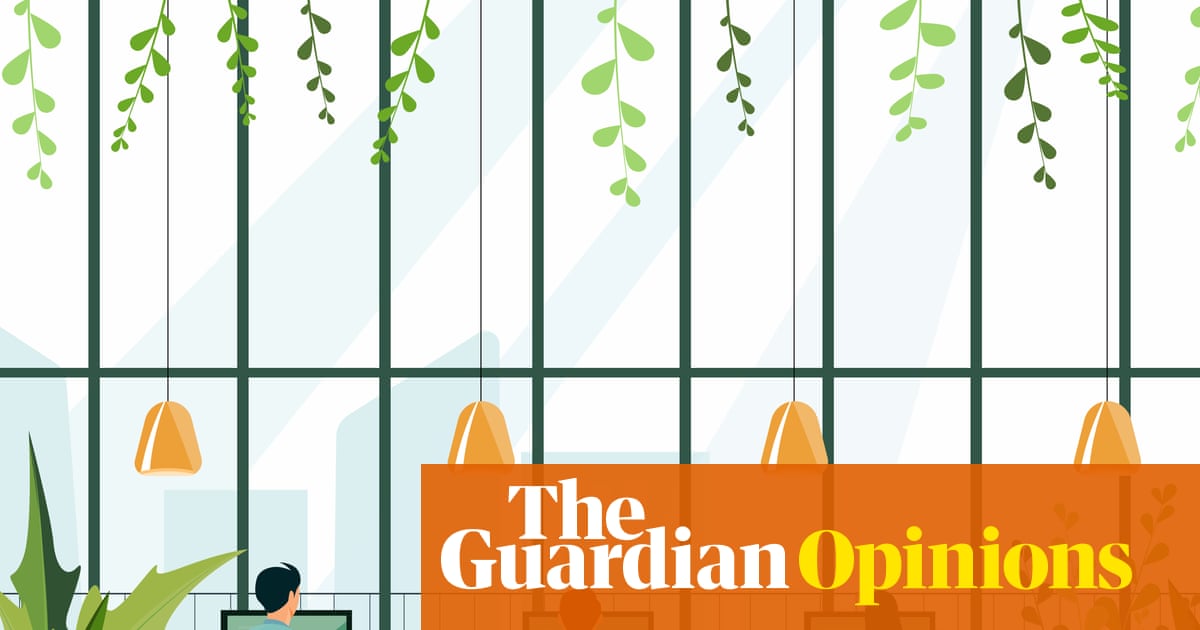
"I knew that the bright lights in my office and in meeting rooms made it difficult to concentrate and gave me severe migraines. I knew that the artificial air blowing through the air conditioning vents caused my skin to itch and made me feel ill. I knew that I struggled to shut out the background noise and focus on important conversations. But the idea that it didn't have to be that way or that it wasn't that way for everyone else was beyond my imagination."
"It was my gradual realisation that the struggles my autistic children experienced in the world mirrored my own, and my subsequent autism diagnosis at the age of 50 that made me realise my colleagues did not experience the workplace in the way that I did. But I accepted if I wanted to work, I had to tolerate being in a workplace that was doing me harm."
"For the first time in the 17 years since I commenced in a leadership role, I wasn't exhausted at the end of each day. I actually had enough energy to eat dinner with my family, to watch television with my husband in the evenings and to go for a walk with my sons on the weekend. I also got more work done than I had in years. My health began to improve. I felt calm, relaxed and happy."
An autistic worker endured decades of sensory harms at work, including bright lights that caused severe migraines, artificial air that irritated skin and caused nausea, and background noise that hindered concentration. A late autism diagnosis at age 50 revealed that colleagues did not experience the workplace similarly. The worker accepted harmful conditions to remain employed. Prolonged working from home during Melbourne's COVID-19 lockdowns removed many sensory triggers, restored energy, improved health, increased productivity, and enabled family time and leisure. The worker enjoyed work again, felt calm and happy, and feared that returning to the previous workplace environment would reverse these gains.
Read at www.theguardian.com
Unable to calculate read time
Collection
[
|
...
]